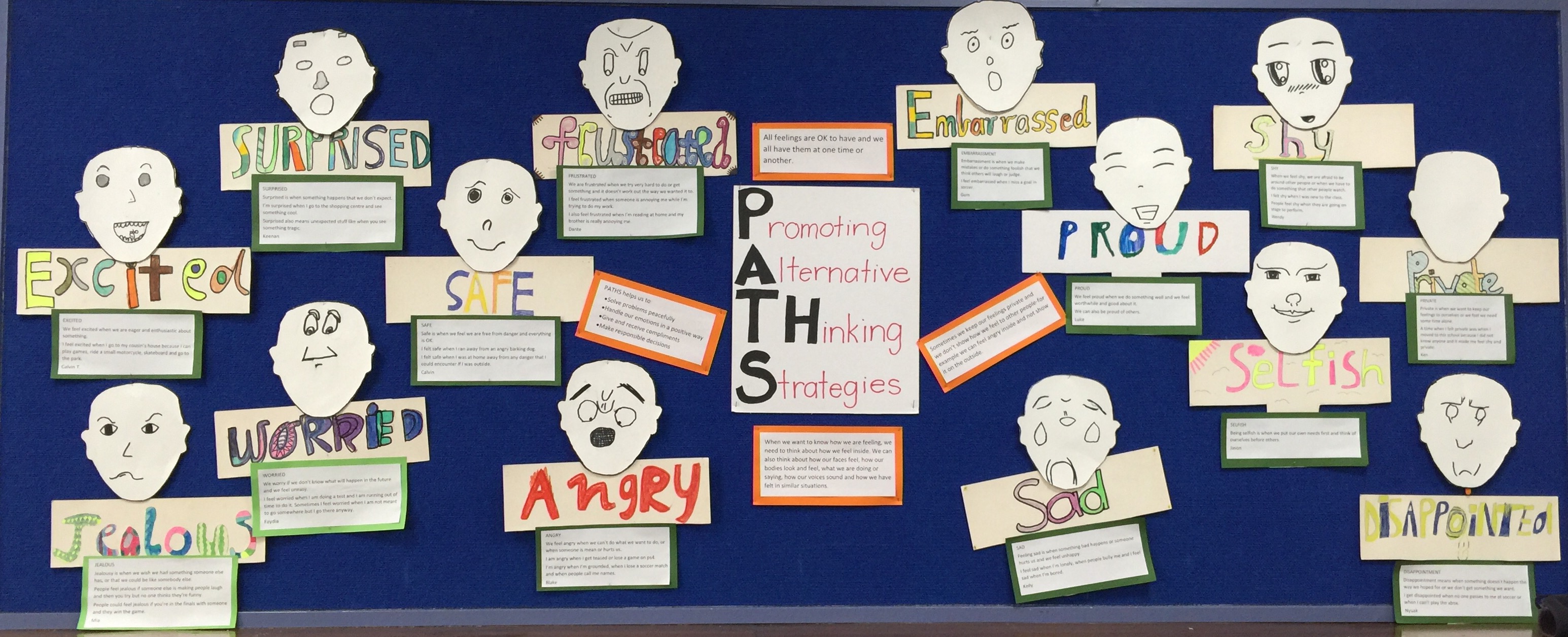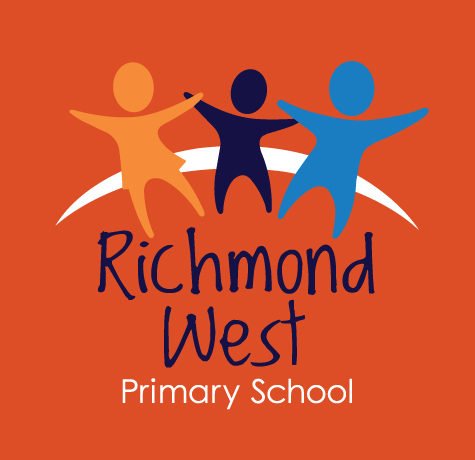Social and Emotional Learning
At Richmond West Primary School, Social and Emotional Learning (SEL) relates to the school’s initiatives around promoting alternative thinking strategies, respectful relationships and school wide positive behaviours.
Richmond West Primary School provides students with the opportunity to gain greater social and emotional awareness and to practice interpersonal skills as they learn and grow. Social and Emotional Learning (SEL) helps students develop the understanding, strategies and skills that support a positive sense of self, promote respectful relationships and build their capacity to recognise and manage their own emotions and make responsible decisions.
Richmond West Primary School supports students to develop the skills and strategies through weekly lessons with the classroom teacher and the implementation of the Promoting Alternative Thinking Strategies (PATHS) program. The PATHS curriculum consists of age appropriate, one hour lessons that are delivered each week are designed to support students’ understanding of their emotions whilst providing them with strategies for positive social interaction with peers.
Social and emotional learning, together with PATHS, supports students to develop their:
Self-awareness: identifying and recognising emotions; recognising personal interests and strengths; maintaining a well-grounded sense of self-confidence.
Self-management: regulating emotions to handle stress, control impulses, and motivating oneself to persevere in overcoming obstacles, setting and monitoring progress toward the achievement of personal and academic goals; expressing emotions appropriately.
Social awareness: being able to take the perspective of and empathise with others; recognising and appreciating individual and group similarities and differences.
Relationship skills: establishing and maintaining healthy and rewarding relationships based on cooperation and resistance to inappropriate social pressure, preventing, managing, and constructively resolving interpersonal conflict; seeking help when needed.
Responsible decision-making: making decisions based on a consideration of all relevant factors, including applicable ethical standards, safety concerns, and social norms; the likely consequences of taking alternative courses of action; evaluation and reflection.

